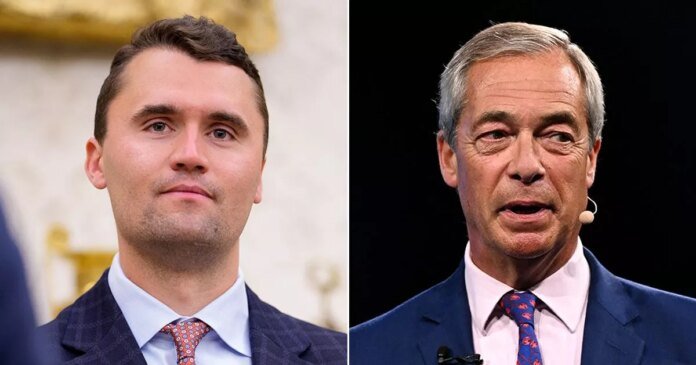After a tragic incident where three young girls were brutally murdered in Southport by an assailant armed with a knife, Nigel Farage wasted no time in questioning whether the full truth was being disclosed regarding the perpetrator. His inquiry was echoed by other Reform MPs and those leaning further to the Right.
The insinuation was clear: the suspect’s identity was being concealed because of his migrant status. This led to unrest in Southport, widespread criticism of Nigel’s remarks, and a court revealing that the culprit was a British individual, of Christian faith, and legally considered a minor.
Law enforcement officials and political figures swiftly denounced Nigel’s divisive rhetoric and its potential impact on public safety. Former Scotland Yard counter terror chief Neil Basu went to the extent of accusing Farage of bolstering the Far Right and providing a false justification for attacks on the police. Nigel, however, dismissed these criticisms as baseless and defended his questions as legitimate.
While Nigel’s questions were deemed intentionally provocative and uninformed, they did not constitute a crime, unlike advocating for violence, such as urging individuals to set fire to asylum hotels.
In a separate incident, prominent Right-wing figure Charlie Kirk was fatally shot during a public speaking engagement in the US. Nigel seized the opportunity to attribute the tragedy to the character assassinations and insults hurled by his Left-wing adversaries. Kirk had been labeled a Nazi and a fascist, although these descriptors came from a multitude of individuals, with only one resorting to violence against him.
The United States has a history of political violence, with assassinations occurring frequently over the past centuries. The divisive political climate under the Trump administration has exacerbated tensions, leading to an increase in violent incidents involving both Democrats and Republicans.
Although Kirk’s murder may have been foreseen by some, it remains unjustifiable. Nigel’s assertion that Left-wing rhetoric contributed to the killing is both timely and unfounded. The principle that inflammatory language from any political faction can incite violence applies universally, irrespective of ideological leanings.
The use of derogatory terms like “Nazi” and “liberal” as insults has become commonplace, reflecting a concerning trend of discourse degradation. The notion of absolute freedom of speech is challenged by societal norms that dictate repercussions for inflammatory or offensive language in various settings.
Nigel’s stance on free speech appears hypocritical, as he rejects criticism directed at him while freely expressing controversial views about others. This selective interpretation of freedom of speech highlights a lack of consistent principles and a tendency to apply double standards.
In conclusion, the manipulation of language and dissemination of divisive rhetoric, as observed in these instances, mirror dangerous precedents set by past regimes like the Nazis. It is imperative to promote responsible communication and critical thinking to prevent further escalations of violence and discord.

